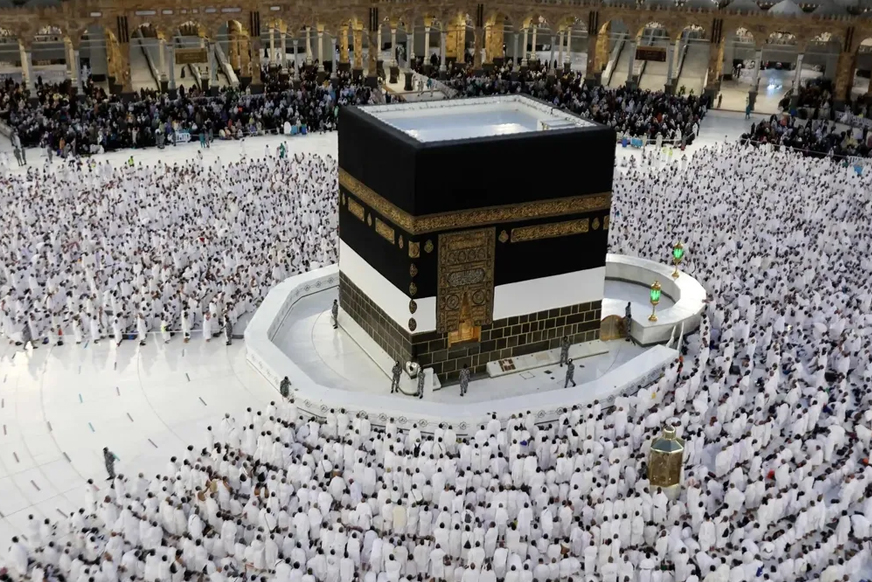The Caretaker Religious Affairs Minister, Aneeq Ahmed, has officially disclosed the cost for Hajj 2024. This revelation came during a comprehensive briefing on the Hajj Policy 2024, which received the approval of the caretaker cabinet just last night.
According to the latest details, the cost for Hajj 2024 within the government quota has been set at Rs. 1.075 million. This marks a noteworthy decrease from the cost of Hajj 2023 under the government scheme, which amounted to Rs. 1.75 million. Minister Aneeq Ahmed emphasized that this marks a historic moment, as it is the first time in the country’s history that the cost for the upcoming Hajj is lower than the preceding year.
✨Hajj Policy 2024✨🕋#Caretaker Federal Minister for Religious Affairs and Interfaith Harmony, Aneeq Ahmed, announces updates.
▪️💻📲 Hajj cost reduced to 107,500,0 from last year’s 110,7500,0.
▪️ Govt introduces short Hajj – 20-21 days for pilgrims.
▪️📱 New mobile apps… pic.twitter.com/LcXD8Wh0dp
— SAMAA TV (@SAMAATV) November 16, 2023
Among the notable features of the Hajj Policy 2024 is the provision that the sponsorship quota for unused slots in both government and private schemes will be returned to the Saudi Arabian government.
Furthermore, in accordance with Saudi government regulations, a comprehensive monitoring system for the financial management of Hajj organizers will be implemented.
The new policy introduces a significant change, allowing individuals under the age of 10 to fulfill the pilgrimage obligation. Private Hajj schemes will also enjoy increased flexibility concerning the condition of providing service personnel for individuals over 80 years old.
Another critical aspect of the policy mandates Hajj organizers to enter into an agreement with the pilgrim, ensuring the provision of local assistance services during their stay in Saudi Arabia.

Violations of this clause may result in penalties and the blacklisting of the Hajj organizer.
Furthermore, the Federal Cabinet has approved a reduction in the quota for the Hardship Category in Hajj. Notably, fifty percent of the quota for local assistants will now be reserved for Pakistani students studying in Saudi Arabian universities. These students will be appointed as welfare staff, contributing to a more organized and supportive Hajj experience.
As the nation absorbs these developments, the focus is not only on the reduced cost but also on the various policy changes that aim to enhance the overall Hajj experience for pilgrims, ensuring their safety, comfort, and fulfillment of their religious obligations.



